Not only is the self entwined in society; it owes society its existence in the most literal sense
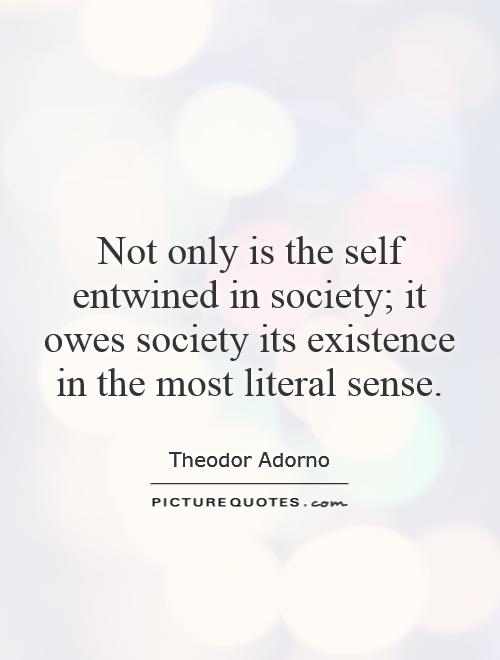
Not only is the self entwined in society; it owes society its existence in the most literal sense
The statement "Not only is the self entwined in society; it owes society its existence in the most literal sense" holds particular significance in the context of Theodor Adorno's critical theory. Adorno, a prominent member of the Frankfurt School, was a key figure in the development of critical theory, which sought to analyze and critique the social, political, and economic structures that shape society. Central to Adorno's work was the idea that individuals are not separate from society, but rather deeply interconnected with it in ways that are often invisible or obscured.Adorno argued that society plays a crucial role in shaping the self, influencing our thoughts, beliefs, and behaviors in profound ways. This influence is not just limited to our social interactions or cultural norms, but extends to the very fabric of our existence. Adorno believed that society is not just a collection of individuals, but a complex web of social relations and structures that shape our identities and experiences. In this sense, the self is not a separate entity that exists independently of society, but is deeply entwined with it.
Furthermore, Adorno believed that society is not just a passive backdrop against which the self unfolds, but an active force that actively shapes and molds our identities. This is evident in the ways in which social institutions, such as the media, education system, and political structures, influence our beliefs and values. Adorno argued that these institutions play a crucial role in shaping our understanding of the world and ourselves, often in ways that are harmful or oppressive.
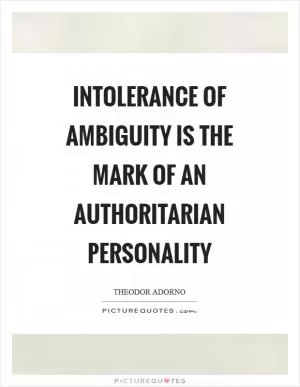
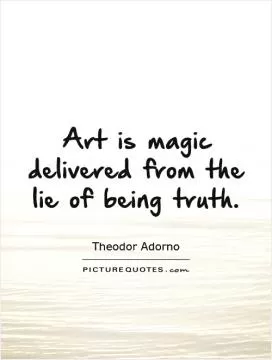
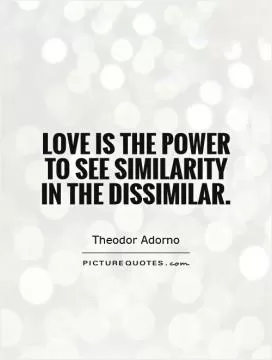

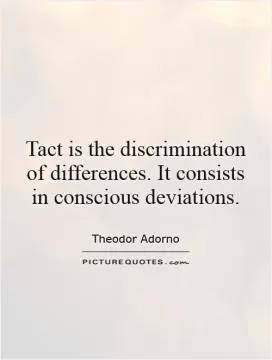







 Friendship Quotes
Friendship Quotes Love Quotes
Love Quotes Life Quotes
Life Quotes Funny Quotes
Funny Quotes Motivational Quotes
Motivational Quotes Inspirational Quotes
Inspirational Quotes